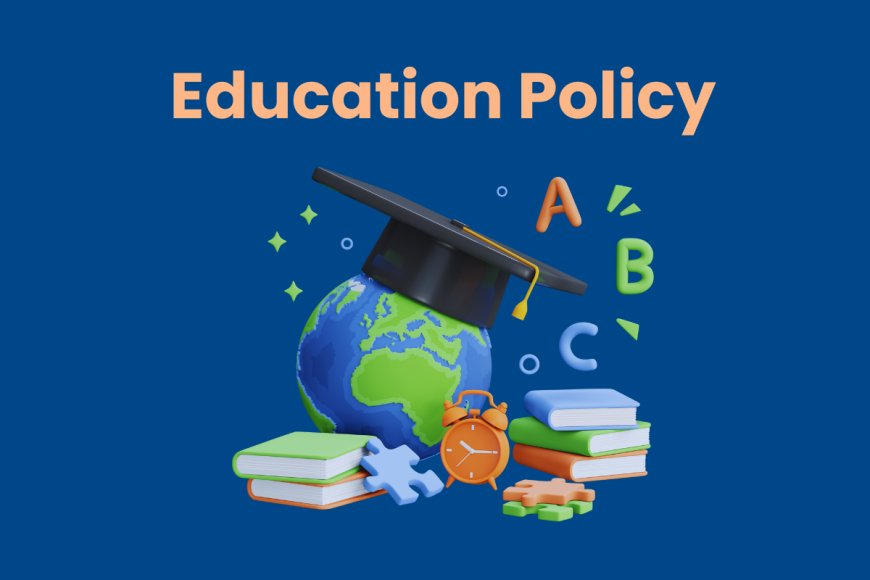The Imperative of Education Policy
Education policy

Education policy is at the very top of the political agenda - the proclaimed top priority of the ‘New Labour’ government. Yet Labour has inherited a quasi-market education system and remains under the direction of reform during the coming year. This book examines new directions on issues of selection and educational opportunity, gender and racism and the question of school effectiveness and school improvements. The politics for the National Curriculum and its assessment are explored, alongside issues of lifelong learning and IT policy. The book explores the key questions of the future reform of education in contemporary Britain with contributions from the leading experts in education, education policy, politics and sociology.
The Importance of Education Policy
Education policy serves as a roadmap, guiding the development and implementation of strategies that shape educational systems. Its significance lies not merely in academic instruction but in fostering holistic growth, encompassing intellectual, social, and emotional development. Effective policies address equity, accessibility, curriculum relevance, teacher quality, and the integration of evolving technologies.
Equity in Education: A Cornerstone of Policy
The cornerstone of any education policy should be equity. Every child, irrespective of background or circumstance, deserves access to quality education. Closing the gap in educational outcomes demands targeted interventions, ensuring resources are allocated where they're most needed. It necessitates dismantling barriers to access, be it economic, social, or geographical.
Adapting to the Dynamics of Learning
Education policy must be dynamic, mirroring the evolving needs of society and the changing landscape of learning. Embracing innovative pedagogies and technology integration is pivotal. It's not just about imparting knowledge but also fostering critical thinking, problem-solving skills, and adaptability, preparing students for a world where the only constant is change.
Teacher Empowerment: A Pillar of Success
The role of educators cannot be overstated. Education policy should prioritize the professional development of teachers, providing them with the tools, support, and autonomy needed to excel. Valuing teachers ensures the cultivation of an inspired, skilled cadre of educators capable of nurturing the potential in every student.
Global Competitiveness through Education
In an interconnected world, global competitiveness is closely tied to the quality of education. A robust education policy must align with global standards, equipping learners with the skills and mindset required to thrive in an increasingly interconnected and competitive global marketplace.
The Role of Stakeholder Collaboration
The formulation and execution of effective education policy demand collaboration among stakeholders: educators, policymakers, parents, and the community at large. Constructive dialogue, sharing best practices, and a collective commitment are imperative for the successful implementation of policies that truly transform education.
Looking Ahead: A Call to Action
As we navigate the complexities of the 21st century, reimagining education becomes not just an aspiration but an urgent necessity. Education policy stands at the nexus of societal evolution, holding the power to ignite change, foster inclusivity, and shape a brighter future for generations to come.
In conclusion, the potency of education policy transcends mere legislation; it embodies the aspirations of a society invested in nurturing the potential of every individual. Crafting and implementing policies that prioritize equity, innovation, teacher empowerment, and global relevance is not just a choice but an ethical imperative, defining the trajectory of nations and humanity itself.
What's Your Reaction?




























































































